Erdogan: Ankara not sending troops to Libya, only advisers, trainers
Turkish President Recep Tayyip Erdogan says Ankara has not yet sent troops to war-torn Libya to support its UN-recognized government, stressing that his country has only deployed military advisers and trainers there so far.
“At the moment, we aren’t sending military forces, we are only sending a cadre of trainers and advisers,” the state-run Anadolu news agency quoted the Turkish president as saying on Monday, as he was on his flight back from a multinational peace conference on Libya held in the German capital Berlin a day earlier.
His remarks came four days after he said that Turkey was “sending” it troops “to ensure the survival and stability of the legitimate government in Libya.”
Since 2014, Libya has been divided between two rival camps: the internationally-recognized government of Prime Minister Fayez al-Sarraj, known as the Government of National Accord (GNA), and another group based in the eastern city of Tobruk.
Libya’s renegade General Khalifa Haftar, commander of the east-based army, is the self-proclaimed commander of an array of militia groups, collectively known as the so-called Libyan National Army (LNA), and is apparently supporting the eastern government.
The LNA launched an offensive to capture capital Tripoli, the seat of the GNA, in April last year, interrupting peace negotiations underway at the time. Despite intense and deadly clashes between the two sides, Haftar has so far failed to achieve his objective and his offensive stalled outside the capital.
Turkey reached a military agreement with the GNA recently and upon a request from Sarraj pledged to send troops to the North African country to help his government defend itself against Haftar’s attacks, a move that angered Haftar and prompted him to vow to sink approaching Turkish ships near Libya.
On Sunday, leaders from Turkey, Russia, Egypt, France, Italy, Britain and the United States, as well as Sarraj and Haftar, attended a UN-backed summit in Berlin to help establish a “permanent” ceasefire between the warring sides.
The representatives from the UAE, Algeria, China, the Republic of the Congo, the United Nations, European Union and African Union were also present.
The final communiqué of the day-long summit, the first such event since 2018, called on all the parties concerned in the persisting conflict “to redouble their efforts for a sustained suspension of hostilities, de-escalation and a permanent ceasefire.”
Furthermore, the participants of the summit pledged not to interfere in Libya’s internal affairs and its deadly conflict. Moreover, they also committed to “fully respect” the arms embargo imposed on the North African country by the UN in 2011.
The Participants also emphasized the importance of restoring and protecting the integrity of Libyan institutions, particularly the Central Bank of Libya and the National Oil Corporation (NOC).
On January 6, Turkey and Russia had mediated peace talks between Sarraj and Haftar, who spent about eight hours of indirect talks in Moscow, but the talks ended at an impasse, after Haftar failed to come to terms with Sarraj, sparking fears about a shaky ceasefire, which went into effect days earlier.
On Saturday, Erdogan blast the European leaders for their alleged failure in supporting the GNA against Haftar, warning Europe that it could face new threats from “terrorist” groups if the GNA was to fall.
He had also lambasted Europe for its failure in supporting Ankara’s plan of providing military assistance to Libya.
Libya to face catastrophe over oil blockade: Sarraj warns
Separately on Monday, Premier Sarraj warned that the North African country would confront a “catastrophic situation” unless foreign powers put pressure on Haftar to break the siege of Libya’s Mediterranean oil export terminals that has reduced output to almost zero.
“The situation will be catastrophic should it stay like this,” Serraj said in an interview in Berlin, adding, “I hope foreign countries will follow the issue.”
Much of Libya’s oil wealth is situated in the east but revenues are channeled through Tripoli-based NOC, which says it serves the whole country and stays out of the country’s civil war.
Libya plunged into chaos in 2011, when a popular uprising and a NATO intervention led to the ouster of long-time dictator Muammar Gaddafi and his execution by unruly fighters.
Sarraj’s government has been attempting to establish order ever since.
US military industry is major driver of global environmental destruction: IRGC deputy chief
Yemen’s Ansarullah warns of US, Israel soft war on West Asia nations
‘Decaying empires turn to savage control previously used abroad at home’
VIDEO | Myanmar votes in last and third phase of military-run election
Iranian pharmaceutical industry flourishing
Netizens react with outrage to another ICE murder in Minneapolis
VIDEO | Iran’s Emergency Medical Services suffered $2.14m in damage during riots: Director
Discover Iran: Hormozgan’s coastal villages blend sea, culture and community tourism


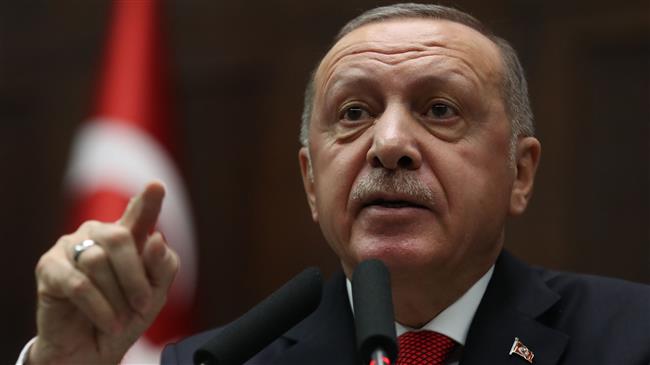


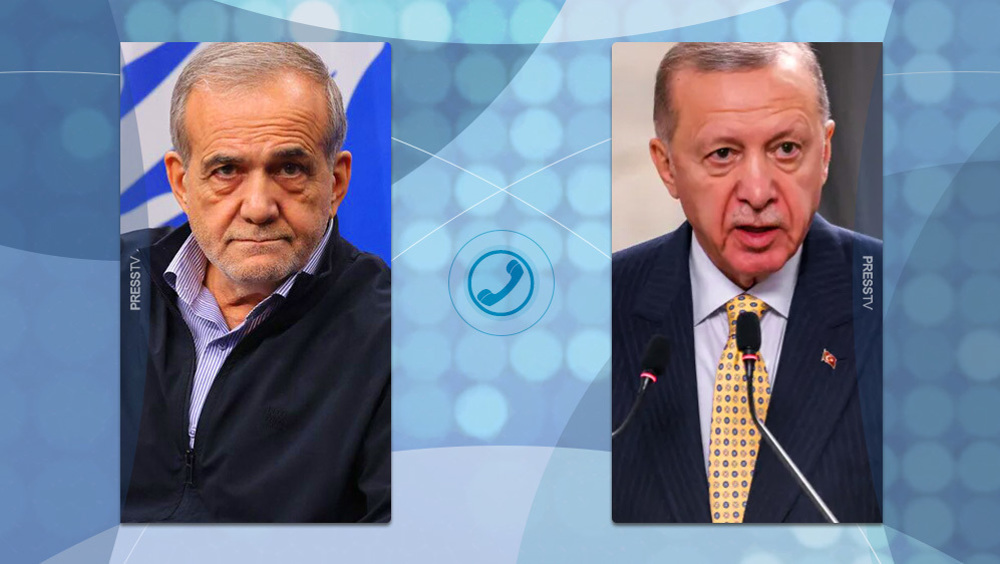
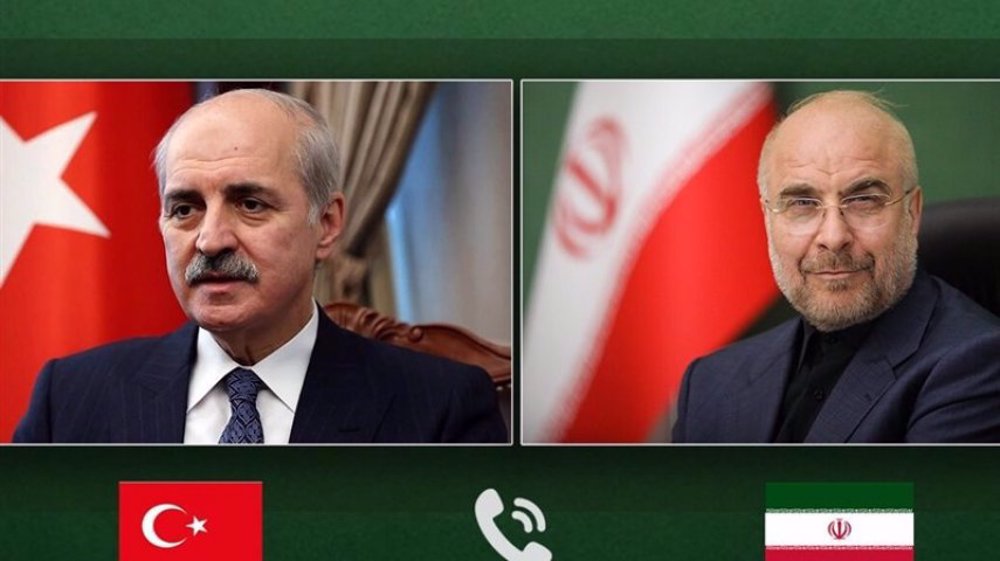




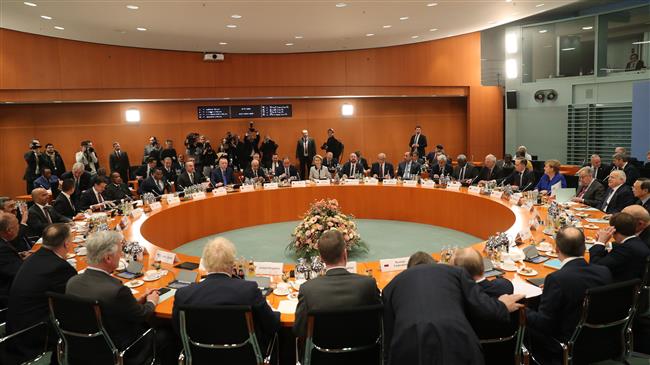

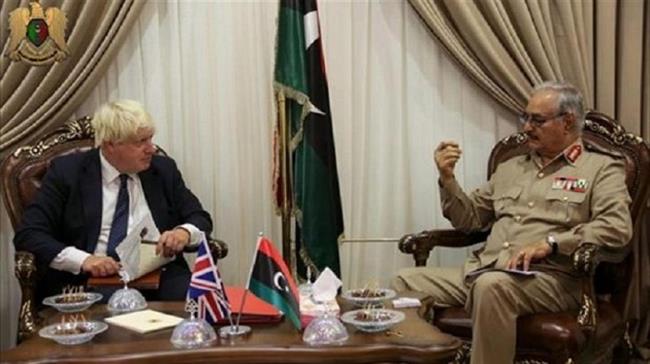
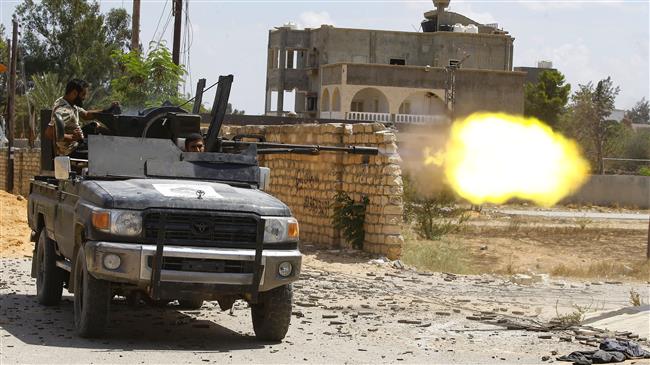
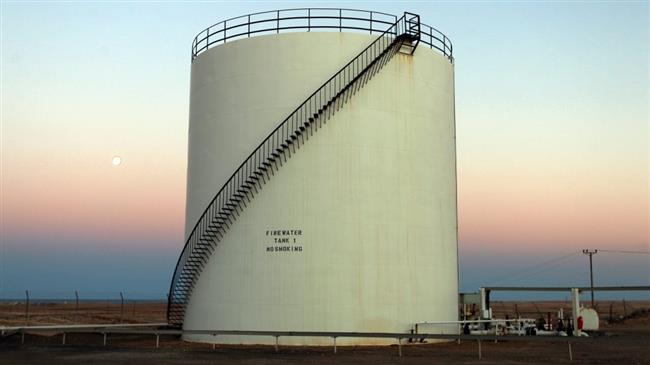
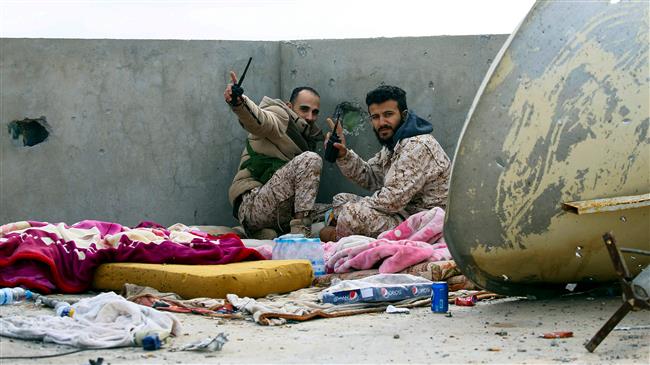

 This makes it easy to access the Press TV website
This makes it easy to access the Press TV website